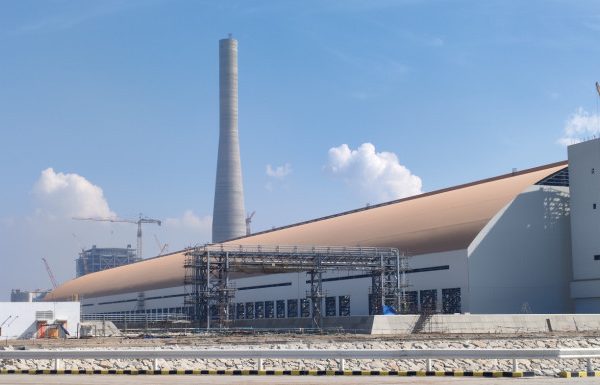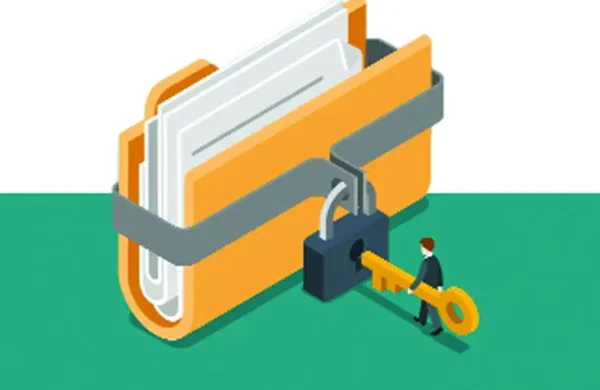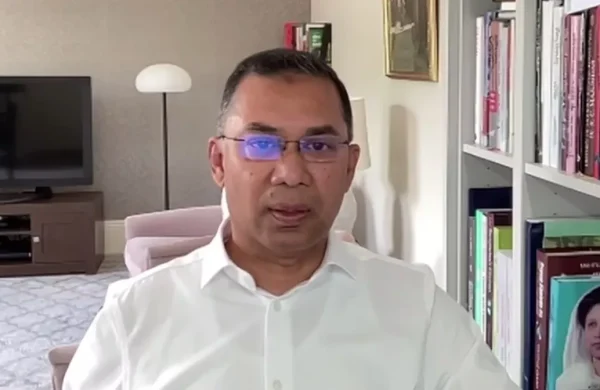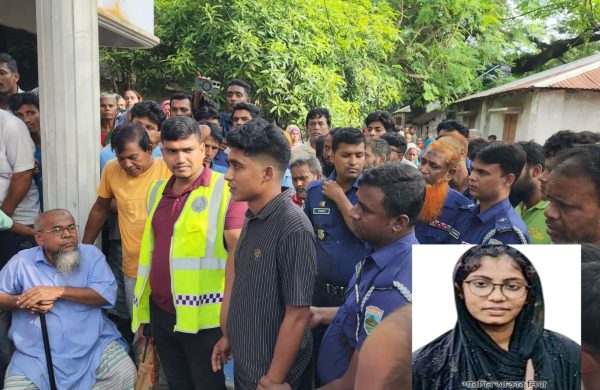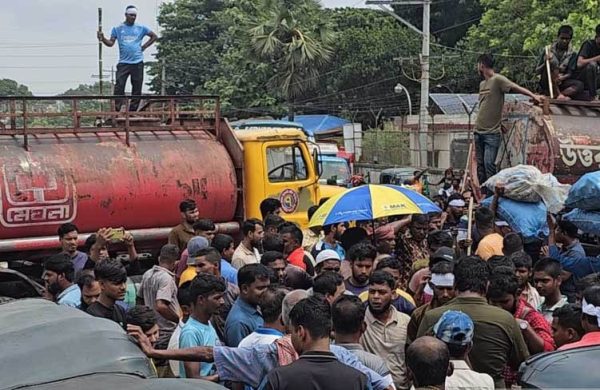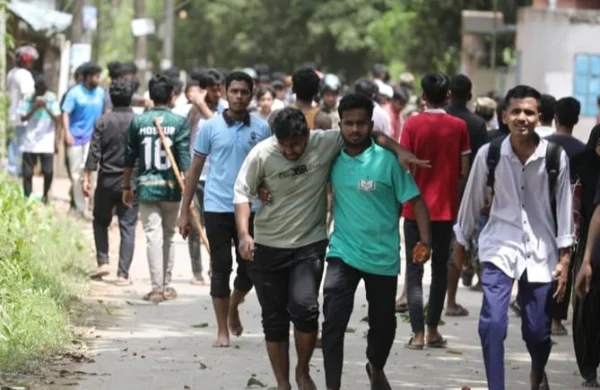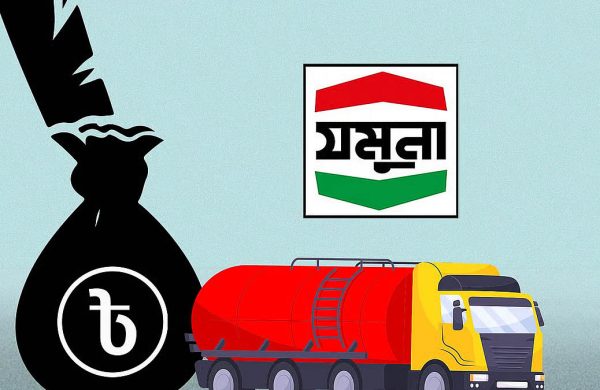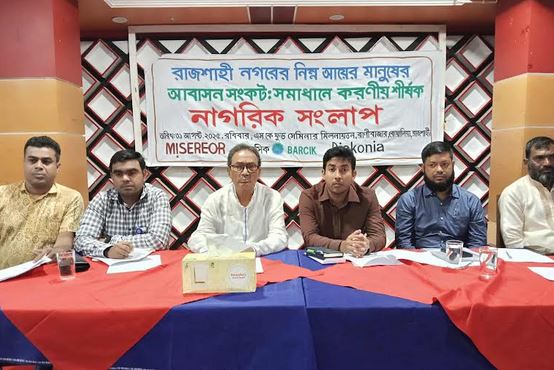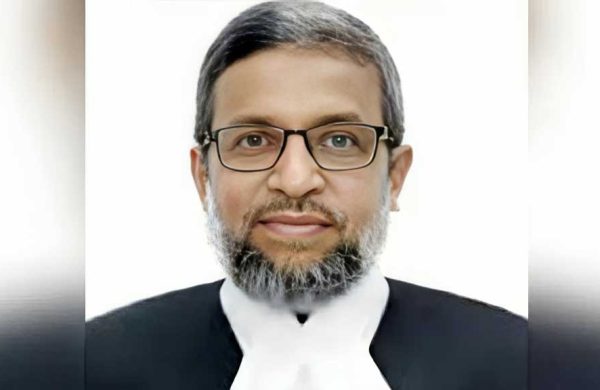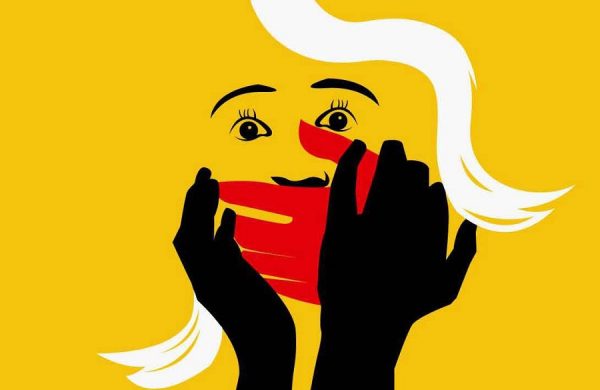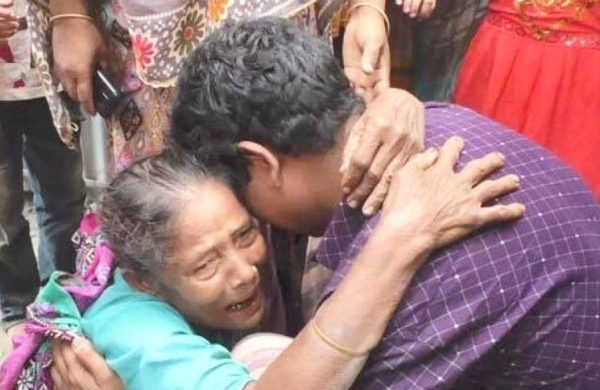No price hike during Ramadan, reassures Commerce Adviser
- Update Time : Sunday, February 2, 2025
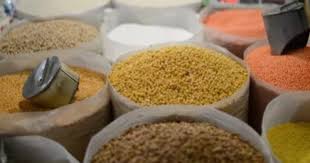
TDS Desk:
Commerce Adviser Sk Bashir Uddin has reassured the public that essential commodity prices will not increase during the upcoming month of Ramadan.
Speaking at a policy conclave titled “Reasonable Pricing of Food Items: Exploring Market Supervision Strategies” at a local hotel in Dhaka on Sunday, he reassured that the country’s import systems and stockpiles are sufficient to meet demand during the holy month.
“InshaAllah, there will be no shortages of items such as oil, sugar, chickpeas, and dates in the market,” he added.
The Adviser explained that local market conditions suggest prices should actually decrease despite a rise in international prices of various commodities. “I do not see any reason for prices to rise. We have had extensive discussions today on what the reasonable prices of food items should be, and both short-term and long-term plans will be devised to turn these ideas into action.”
He also stressed the need for policy development to genuinely assist consumers.
To ensure proper market practices, he highlighted the roles of several regulatory bodies, including the Competition Commission, the Directorate of Consumer Rights Protection, and the Trading Corporation of Bangladesh (TCB).
The Tariff Commission and the National Board of Revenue (NBR) are working to make the market more consumer-friendly.
He called on local producers, importers and traders to contribute to creating a more competitive market.
Bashir Uddin addressed the export of rice bran oil, a commodity highly beneficial for health.
He revealed that approximately 500,000 to 600,000 tonnes of rice bran oil was previously exported to India, but the government has made exports more difficult by imposing a 25% regulatory tax. “If this oil is brought back to the market, it will help stabilise the oil market further…there is no real difference between bottled and bulk oil apart from price.”
He also announced that the government is working to grant the Competition Commission more independence to ensure a fair and competitive market.
“Our policies have been designed for the benefit of the wealthy, not for the common people. In the past 15 years, there has been little large-scale investment in the country, and thus, employment opportunities have not increased. Without more investment, how can tax collection rise?” he questioned.
Further criticising the banking sector, he claimed that banks have become “criminal institutions” and pointed out the destruction of Islamic banks and the TCB. “In the TCB’s records, 4.3 million fake beneficiaries have been found, and this needs further verification,” he remarked.
Dr Khondkar Golam Moazzem, Research Director at the Centre for Policy Dialogue (CPD), delivered the keynote address.
Mohammad Abdur Rahman Khan, Chairman of the National Board of Revenue; former Jahangirnagar University professor and economist Anu Muhammad; Mohammad Abdur Rahim Khan, Secretary of the Ministry of Commerce (routine duties); national committee leader Sergis Alam; and Umama Fatema, chief coordinator of the Anti-Discrimination Student Movement, among others, spoke on the occasion.


